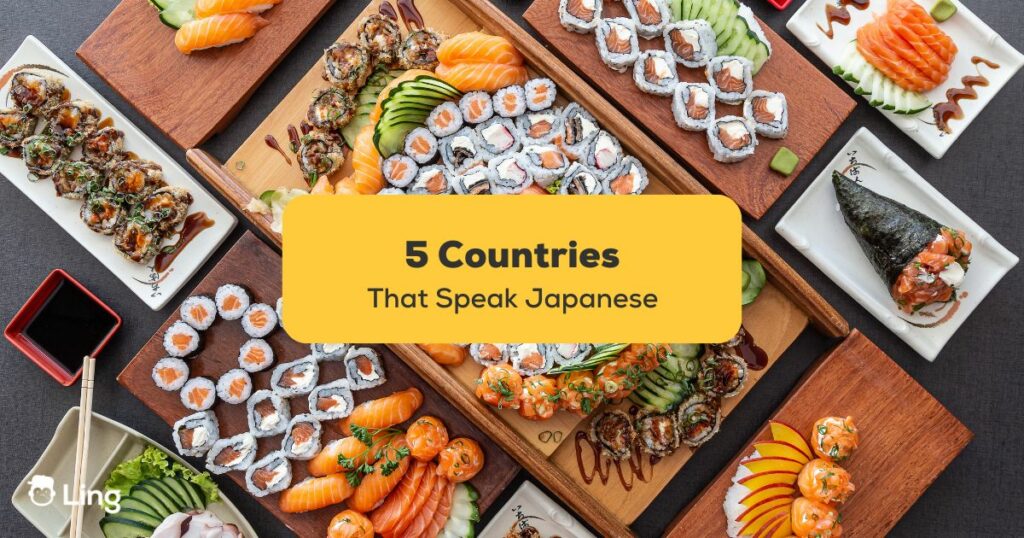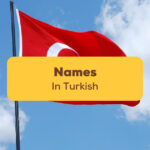こんにちは、お元気ですか?(Konnichiwa, o genki desu ka?) Did you know that Japanese isn’t only spoken in Japan? In this article, I’ll be introducing you to 5 countries that speak Japanese.
Japanese speakers are all around the world! A big part of this is due to emigration to various countries, especially during the Meiji era or 明治時代 (meiji jidai) from 1868 to 1912. But did you know? Emigration didn’t only occur during this period. People with Japanese ancestry started leaving Japan as early as the 15th century!
But emigration isn’t always the reason why there are Japanese-speaking communities outside of Japan. Sometimes, it’s history that plays a part. During World War II, the Japanese annexation of Korea and Taiwan, along with the partial occupation of China, the Philippines, various Pacific islands, and more, resulted in locals learning the Japanese language. This is why many elderly people lived through the occupation who can still speak Japanese.
The Japanese Diaspora
The Japanese Diaspora is basically people of Japanese descent staying in countries outside of Japan. They’re also known as Nikkei (日系), which literally means “Japanese lineage” or Nikkeijin (日系人). While these Japanese emigrants may not be living in Japan, many of them still speak the Japanese language. This is a big part of the reason why there are countries aside from Japan that speak Japanese.
Now, you may be wondering, where exactly do most of these Japanese speakers reside? If your best guess is countries like South Korea and Taiwan since they aren’t too far away from Japan, boy are you in for a treat! You’d be surprised to find out that Japanese is spoken in other countries you probably wouldn’t expect. And lots of them are really far away from Japan too!
What Countries Speak Japanese?
To answer this question, let’s look at the following list of countries.
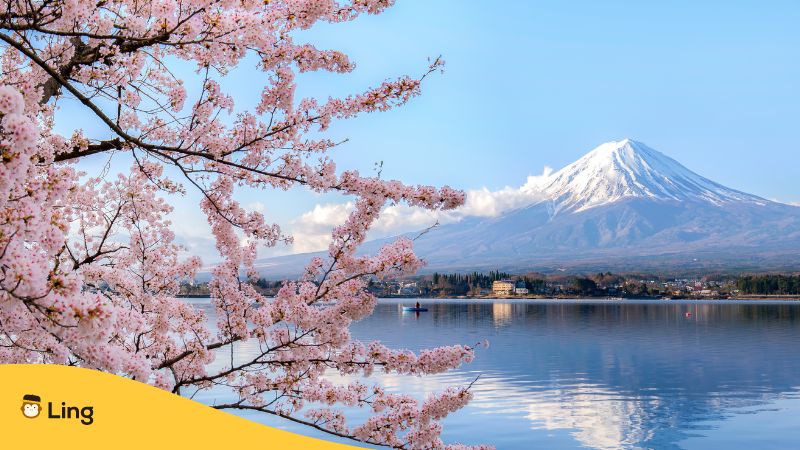
#1 Japan
Of course, the Japanese language is spoken in Japan. Now, here’s something interesting: Japanese isn’t the official language, but it’s the de facto national language of Japan.
Confused? 大丈夫 (daijōbu), I’m here to help! While Japanese doesn’t have any formal status of being Japan’s official language, it’s the primary language used in government, education, media, and of course, daily conversations in everyday lives.
What’s more, there are different variations of Japanese even within the language itself! Standard Japanese, or 標準語 (hyōjungo), is considered, as you may’ve guessed from its name, the standard variety of Japanese. And 共通語 (kyōtsūgo), which means “common language” or “Tokyo dialect”, is right next to it.
Of course, 標準語 (hyōjungo) and 共通語 (kyōtsūgo) aren’t the only dialects or 方言 (hōgen) in Japanese. There’s the Osaka dialect or 大阪弁 (ōsakaben), Nagoya dialect or 名古屋弁 (nagoyaben), Hokkaido dialect or 北海道弁 (okkaidōben), and more! Just like how there’s much more to Japanese culture than sushi and anime.
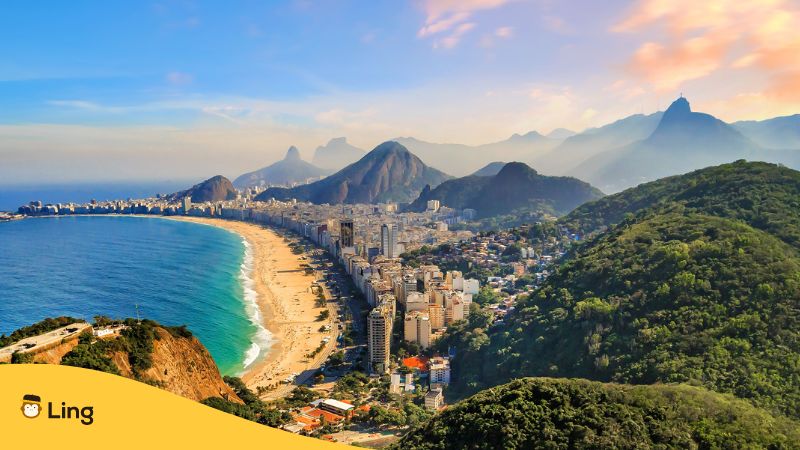
#2 Brazil
You may be surprised to know that the Land of Samba is home to the largest Japanese community outside of Japan! To be exact, there are around 1.5 million Brazilian citizens with Japanese ancestry, also known as Japanese-Brazilians or Nikkei burajirujin (日系ブラジル人), in Brazil.
Of course, you don’t have to be born in Brazil to be considered Japanese-Brazilian. You can be born in Japan or anywhere else in the world, but you’ll be considered Japanese-Brazilian as long as you’re someone with Japanese ancestry who’s living in Brazil.
Many Japanese-Brazilians started calling Brazil their home as early as June 18th 1908, the year the Japanese ship Kasato Maru (笠戸丸) brought Japanese workers to work in São Paulo farms. As a result, June 18th became the national day of Japanese immigration in Brazil! This origin is probably the reason why most Japanese-Brazilians live in the states of São Paulo, as well as Paraná, in Brazil.
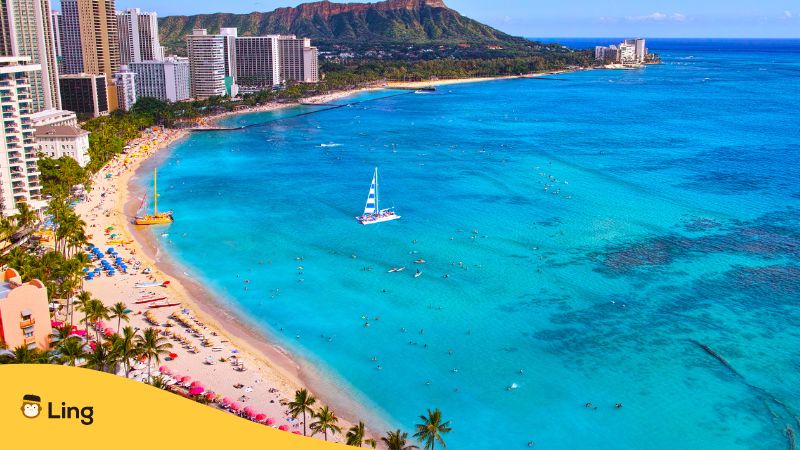
#3 United States of America
The Land of the Free has long been known as a melting pot of cultures, where everyone is hoping to chase the American Dream. So, it shouldn’t be surprising that lots of Japanese-Americans or 日系アメリカ人 (Nikkei amerikajin) call the United States of America their home.
Now, can you guess which state has a significant number of Japanese people? Here’s a hint – they’re famous for their coconuts and hula dances! If you guessed Hawaii, you’re absolutely right! Since the late 19th century, many Japanese people have said “Aloha” to call Hawaii their forever home.
Today, Japanese people are the second largest ethnic group in Hawaii, making up nearly 17% of the island’s population. So it goes without saying that Japanese culture has naturally influenced lots of things in Hawaii.
Just take the Hawaiian poké bowl for example. The use of raw fish, or 刺身 (sashimi), such as salmon and tuna, is an obvious homage to Japanese sushi or 寿司 (sushi). Classic Japanese add-ons like sesame seeds, edamame, and shrimp roe or ebiko (えびこ) are common in this dish too!
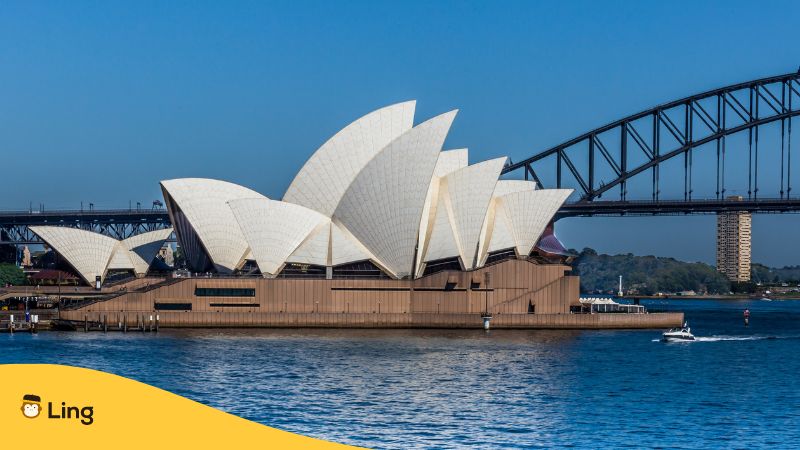
#4 Australia
Yes, you heard that right! Japanese is widely spoken in the down under too. Japanese-Australians or Nikkei o-sutorariajin (日系オーストラリア人) arrived as early as the 1870s. In particular, Japanese people played really important roles in Western Australia’s pearl industry.
Today, most Japanese-Australians have said “G’day” to call Australia their home sweet home. This includes a whopping total of 70,000 Japanese-born residents and Japanese-born in Australia alike! And while most Japanese-Australians live in New South Wales, the extremely multicultural and diverse cities of Sydney and Melbourne are extremely popular among them as well.
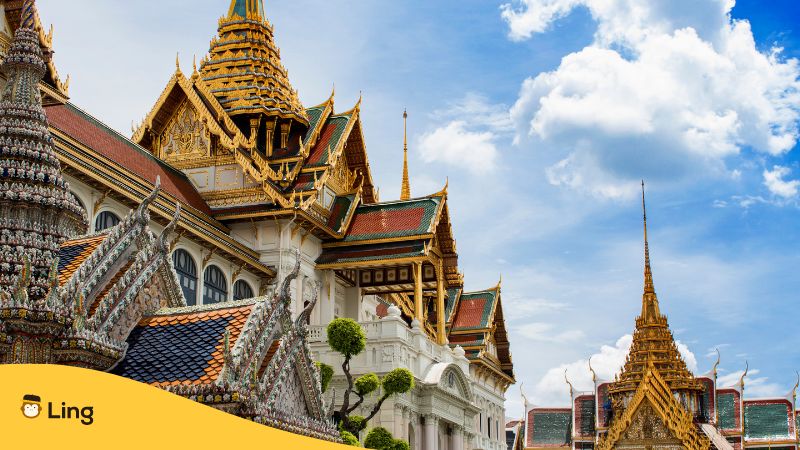
#5 Thailand
Lots of Thai people love traveling to Japan, so it shouldn’t come as a surprise that the feeling is mutual! Japanese-Thais or Nikkei taijin (日系タイ人) started calling Thailand their home as early as the 16th century. In fact, Bangkok, the capital of Thailand, is home to the second-largest Japanese expat population in any city.
If you’re familiar with Bangkok, you’ve probably noticed that there’s lots of good Japanese food along Thong Lor and Ekkamai. That’s probably because most Japanese expats stay in these areas in Bangkok! Just take a walk around and you can easily find places like Japanese bakeries, Japanese supermarkets, and even Japanese language schools that cater to Thais or vice versa!
Easy Japanese Phrases For Countries That Speak Japanese
Here are some easy Japanese phrases that you can use for this topic.
Learn Japanese With The Ling App
Of course, the countries I’ve listed aren’t the only ones Nikkeijin has called home. Countries like Canada, China, The Philippines, Singapore, and much more are also home to a significant number of Japanese people. If you’re curious, do look it up to find out more.
And while you’re at it, why not start learning Japanese with the Ling app? With it, you can learn the Japanese writing system and how to write Japanese. You can also learn many words, including new kanji and Japanese words, and boost your Japanese vocabulary! The fun and bite-sized lessons are categorized according to the subject, and you can speak Japanese based on the topic.
Of course, learning doesn’t have to stop there as you can practice with fellow Japanese speakers too. So, what are you waiting for? Try the Ling app today and find out more about overseas Japanese communities. Till next time, またね (Mata ne)!
